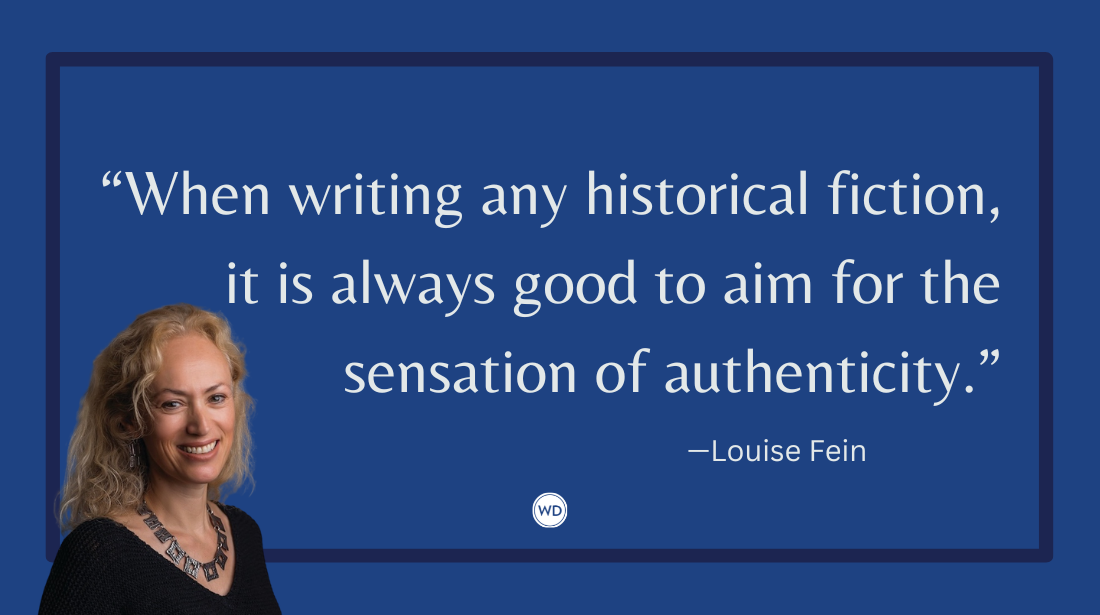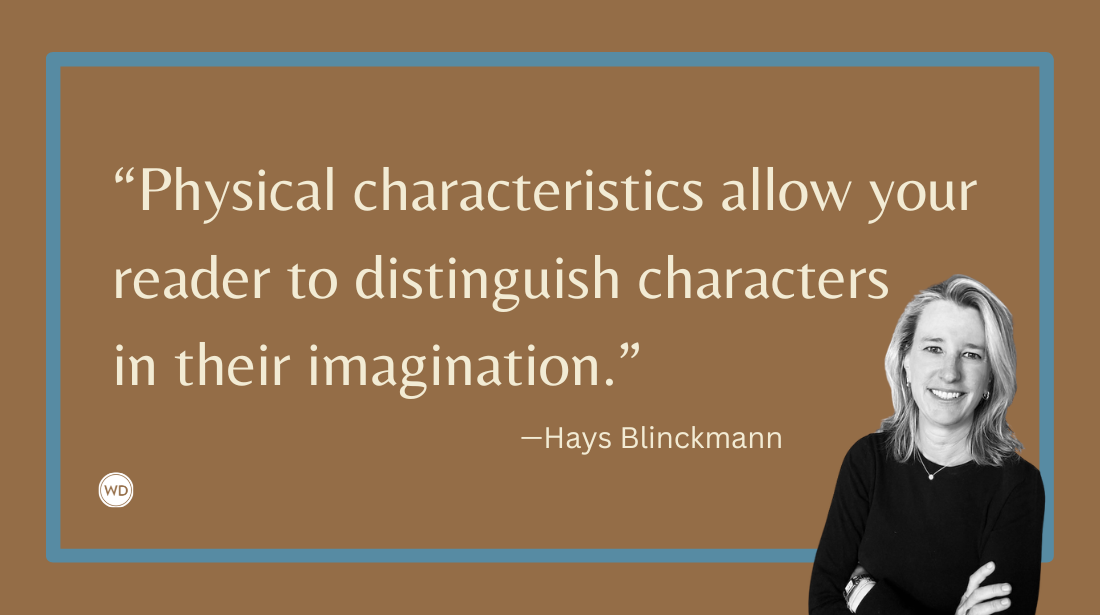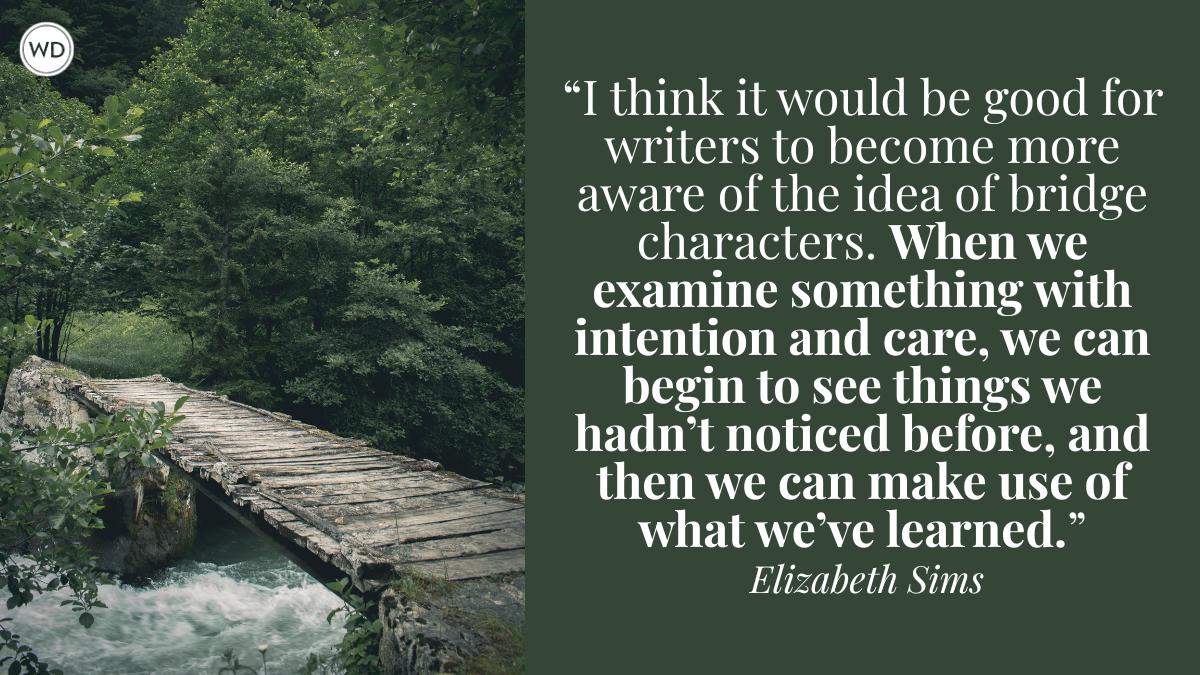What Is Fan Fiction in Writing?
You might have heard the term, especially if you’re in online fandoms, but what exactly is fan fiction? Managing Editor Moriah Richard explains and shares a list of commonly used fan fiction terms.
The short answer? Fan fiction is stories about popular fictional characters written by fans of the original story and most often posted on the internet. If you know me at all, you know that I am an avid reader of fan fiction, and I’ve even written it myself. I love it so much that I recently had a conversation about it with author Whitney Hill on our podcast!
The earliest known usage of this term comes, funny enough, from a 1939 article that disparages early sci-fi writing. While many writers these days look down on fan fiction writers, it can be a great place to flex your creativity, play with writing popular tropes, and build a supportive writing community around yourself.
When you first dive into the fan fiction community, it’s important to realize that fandom is a living, breathing thing—it has its own rules, outlets (social media platforms like Tumblr, for instance, or fan fiction-dedicated sites like Archive of Our Own and Fanfiction.net), and even lingo. Here are some terms you might be familiar with already, but you’ll definitely need to know if you’re interested in writing fan fiction:
Fic
Can refer to one or more fan fiction stories, i.e. “I really enjoy reading “Supernatural” fic.”
Canon
Canon is facts about the world and the characters that come directly from the source material. For example, Sam and Dean Winchester are brothers who hunt monsters in the TV show “Supernatural”; it’s canon that their father, John, trained them to be hunters after their mother was murdered by a demon so that they could get revenge against said demon.
Fanon
Fanon is ideas about the world and the characters that haven’t been explicitly stated in the source material but are widely accepted as “true” by the fandom. A “Supernatural” fanon is that Dean Winchester is bisexual; though that is never outright stated on the show, there’s enough subtext (and enough of the show outright making fun of the subtext) that a lot of fans accept this as “true.”
Headcanon
Like fanon but on a much smaller scale, headcanon is one fan’s interpretation of the world or the characters. I have a headcanon that John Winchester taught Sam to drive at a very early age (let’s say 10), which was a secret disappointment to Dean, who had planned to teach Sam to drive when he was older (as Dean basically raised Sam).
OOC
OOC means “out of character” and is usually used as a warning from the fan fiction writer to their readers that they’re veering a bit from a character’s accepted development. This is important because it shows that the writer is taking more liberty with the characters and their world than usual.
OMC/OFC
Meaning “original male character” or “original female character,” this is to alert the readers that the writer has introduced a new character of their own creation.
AU
Meaning “alternate universe,” this is a style of fan fiction that takes well-known characters and puts them in a totally different setting. Some popular AUs are:
- Soulmate AU: The joy of a soulmate AU is generally in the structure. Some stories have the first words your soulmate will speak to you appear as a tattoo. Some have whatever song your soulmate is listening to play in your mind. In this kind of AU, there’s often some kind of misunderstanding that will waylay a budding romance between two characters because they believe that they aren’t actually soulmates.
- Coffeeshop AU: Kind of what it says on the tin—a story with a coffeeshop as a setting.
- Crossover AU: When two or more fandoms are brought together in a way they never would in canon. For example, there are quite a lot of “Supernatural” and “Teen Wolf” crossover fics because the world-building naturally meshes those two genres.
- Canon-Divergent or What If AU: This is a type of storytelling where the writer will purposefully have the character make a different choice than they did canonically to explore the potential outcomes. This also ventures into the land of fix-it fics, which I explain further down.
- Historical AU: When you take characters canonically set in a modern setting and stick them in another time period. For example, there’s a Regency-era James Bond fic I have a particular fondness for.
- Modern AU: The opposite of a historical AU, this one takes characters from a historical or fantastical setting and puts them in a modern-day one. There are a bunch of fics like this in the Witcher fandom that I really enjoy!
- Superhero AU: When a writer makes characters who aren’t canonically superheroes into superheroes.
- Gender Bent AU: When characters are written as a different gender than they are in canon.
- Aged-up: Not really an AU, but this kind of fic will take characters who are generally younger (like high school age) and age them up. The point of doing this might be to explore what their lives are like post-canon or to allow them to do things they might not have been able to do in canon because of their age (like hold full-time jobs).
Shipping
This is the term used to discuss two characters the fan wants to see romantically involved. I myself ship Cas and Dean in “Supernatural.” I’m sure that does not shock you.
OTP
Stands for “one true pairing.” This is a romantic pairing that a fan adores above all others in canon. Cas and Dean are my “Supernatural” OTP.
Slash
Generally (though not always) used for homosexual romantic pairings, this kind of fic is written for characters whom the fandom reads as queer coded. The term originated in the late ‘70s because of the slash symbol (/) being used to discuss a romantic relationship between Star Trek’s Kirk and Spock (K/S). Meanwhile, fics with an ampersand (&) between the characters names (K&S) are generally known to be a friendship fic instead of a romantic one.
Femslash
While slash is used for all same-sex pairings, the popularity of m/m (male/male) fics lead to this subcategory, making it easier for fans to find f/f (female/female) romances within a particular fandom. A popular “Supernatural” femslash is Charlie Bradbury/Jo Harville.
Het
A designation for a romantic story between heterosexual characters.
Gen
Used to describe a story with no romantic plots or subplots.
Fluff
A story where the focus is generally domestic life and comfort.
Smut
Smut is the designation for a story that includes (or focuses on) overtly sexual scenes.
PWP
Standing for “plot, what plot?” this is basically a short fic that has just smut for the focus.
NSFW
Meaning “not safe for work,” this kind of story is generally a PWP.
Squick
A term for something (usually sexual) that makes a fan uncomfortable. A personal squick of mine is Sam/Dean fics … they’re brothers.
Fix-it Fic
When a canon story doesn’t go the way that fans want, there tends to be a surplus of fics where the issue has been “fixed.” “Supernatural” has a lot of these fics because they don’t agree with the way the series concluded (hi, it’s me); the Muschietti IT film franchise also has plenty of these (Eddie Kaspbrak deserves to live, people. He does.)
One Shot
A single piece of writing of any length as opposed to a multi-chapter fic.
Like AUs, there are specific tropes that fans have taken and run with across fandoms, ones that tend to be particular to fan fiction. Some of popular tropes are:
- Hurt/Comfort: When one character gets hurt and another character takes care of them. Bonus points if there’s a love confession in there somewhere!
- De-aged: When one or more characters revert back to a previous age.
- Hanahaki Disease: This is a trope that started in East Asian fics and has become popular in Western fics. It’s based on the idea that when someone experiences unrequited—or seemingly unrequited—love, flowers begin to grow in their lungs, slowly suffocating the sufferer until their love is either requited or they die.
- Temporary Amnesia: When a character loses all or most of their memories, which generally makes them see their life and relationships in a new way.
- Sharing a Bed: Ah, the old “there was only one bed” trope. This is basically a way to get two characters to confess their love to each other.
This is just meant to be an introduction to the world of fan fiction writing. Fan fiction can be a great way for you to hone your craft with an audience passionate about the same characters and worlds that you love.









